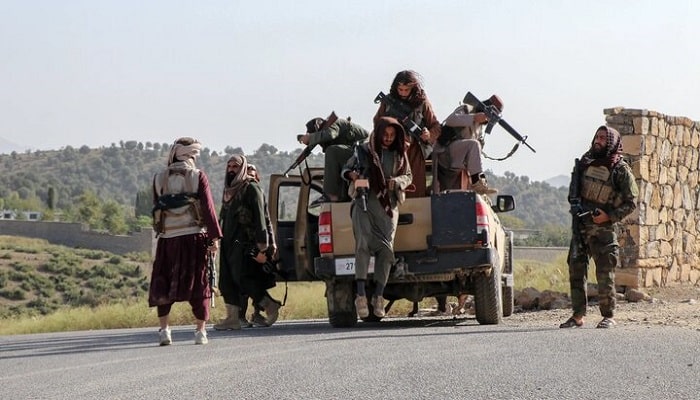PNN – An American analytical news outlet has highlighted the deep ties between the Afghan Taliban and Pakistan’s Tehrik-e-Taliban (TTP), warning that tensions between Kabul and Islamabad are likely to escalate.
According to the report of Pakistan News Network, the U.S.-based website Kabul Now, in a report titled “The End of Pakistan’s Strategic Depth Doctrine or the Beginning of a More Dangerous Era,” wrote that the growing confrontation between Pakistan and the Taliban has become one of the region’s most significant security concerns. Since the start of this standoff, China and Russia have expressed concern and called for dialogue-based solutions; however, three rounds of talks have so far yielded no tangible results or sustainable progress.
The report noted Pakistan’s decades-long support for the Afghan Taliban, adding that when Islamabad celebrated the Taliban’s victory, some analysts predicted that the honeymoon phase between the two sides would soon end.
Read more:
Pakistan signals zero tolerance as ‘stubborn’ Afghan Taliban resist counterterror demands
Kabul Now recalled the deep ideological and ethnic ties between the Afghan Taliban and the Pakistani Taliban (TTP), writing that Islamabad underestimated this relationship — one that could empower the TTP to become an unprecedented threat to Pakistan itself.
The report added that few in Islamabad had expected the Taliban to provide safe havens and even American-made weapons to the TTP. The long-standing Durand Line dispute between the two countries has further aggravated tensions. Pakistan had expected the Taliban to adopt a conciliatory approach, but that has not happened in the past four years.
According to Kabul Now, some experts argue that these tensions are superficial and unlikely to escalate, given that many Taliban leaders have families, businesses, and property in Pakistan and have little interest in a large-scale confrontation. Others, however, believe that the TTP remains central to the Taliban-Pakistan relationship and that until the Taliban either distance themselves from the group or expel them from Afghanistan, the TTP will continue to determine the fate of both sides.
The English-language outlet added that the Taliban are now caught between two dangerous paths — severing ties with the TTP, which could create rifts and discontent within their ranks, or maintaining the relationship, which would further increase Pakistan’s pressure and the risk of open conflict.
Kabul Now assessed that finding an immediate solution to the Taliban-Pakistan crisis is unlikely. Therefore, Pakistan cannot control or eliminate the TTP without weakening or toppling the Taliban government in Kabul. Islamabad needs a government in Afghanistan that adheres to international norms and prevents TTP members or sympathizers from using Afghan soil as a training base against Pakistan. With peace talks at a standstill, the likelihood of escalating tensions in the coming months appears high.
The report also suggested that Pakistan may consider military action to weaken or remove the Taliban leadership. Since the Taliban are not internationally recognized, Pakistan would likely face minimal foreign pressure for such a move. However, the report noted, Islamabad cannot simply eradicate the Taliban’s ideology.
Kabul Now concluded by stating that it remains unclear whether this situation marks the end of Pakistan’s long-standing strategic dream or the beginning of a new and perilous chapter, but one thing is certain: Islamabad now faces the collapse of a strategic doctrine it has invested in for over half a century.
The American outlet assessed the current situation as either the start of a prolonged period of instability or at least the end of Pakistan’s strategic depth policy in Afghanistan.

